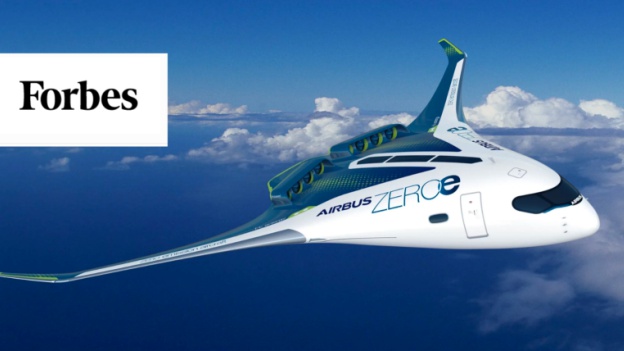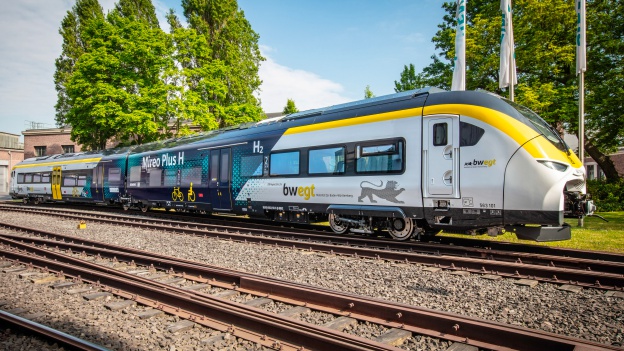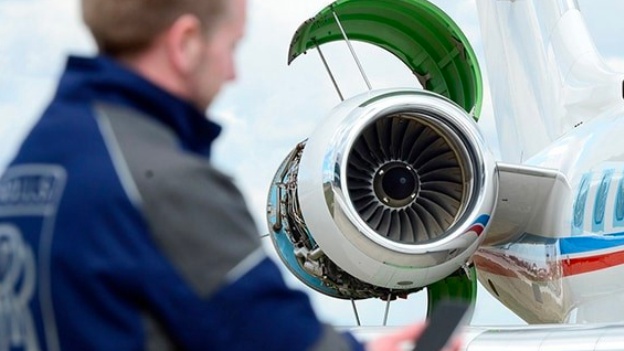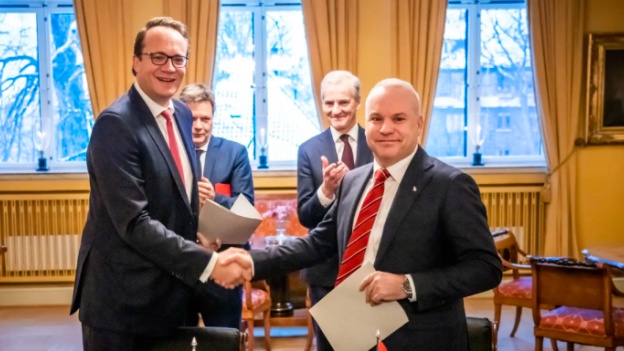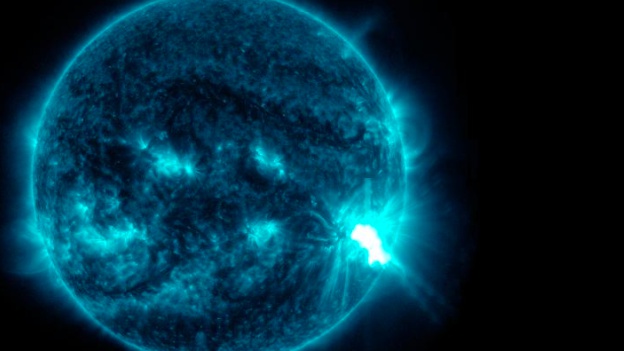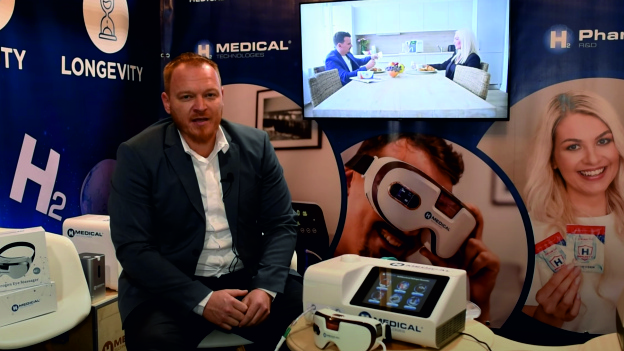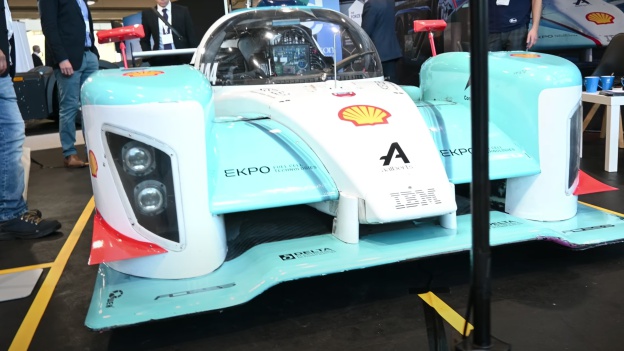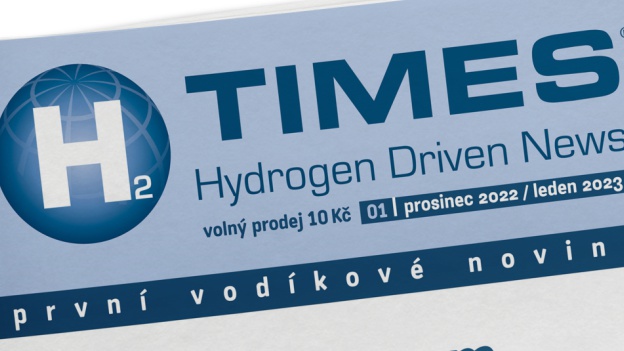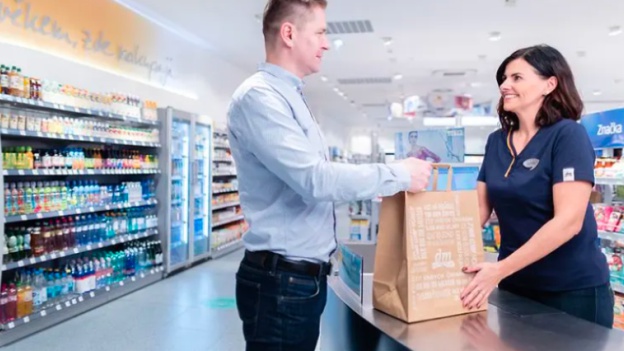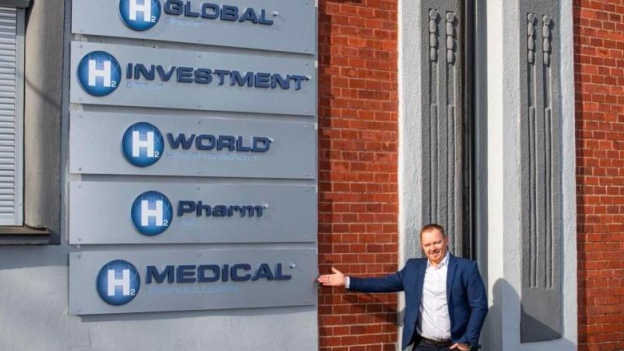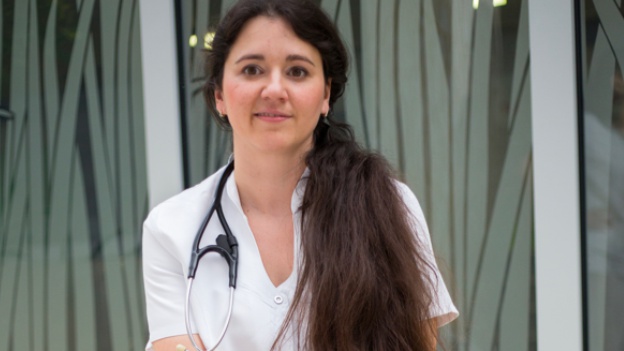The MOL Group is updating its long-term strategy. It wants to achieve carbon neutrality by 2050. It plans to strengthen its refineries, but will also focus strongly on green investments. It plans to invest four billion dollars by 2030.
MOL Group has updated its long-term strategy SHAPE TOMORROW. The company aims to make the Central European region greener, more self-sufficient and more competitive. The company is putting even more emphasis than before on renewable fuels, green hydrogen, biomethane and geothermal energy.
„In 2016, we were one of the first in the oil and gas industry to announce that we would diversify away from fossil fuels and gradually develop in petrochemicals and consumer services. We have been moving in this direction for eight years now, but we must take into account that recent years have brought radical challenges and changes in the energy industry. The time has come to update our strategy again, as sustainability targets have become more ambitious while demand for fossil fuels remains strong,“ said Zsolt Hernádi, CEO of MOL Group.
„However, this cannot be managed on its own, and it is not fair if all the costs of the energy transformation are passed on to industrial companies. EU targets can only be achieved with the support of society, smart regulation and cooperation at all levels. MOL Group can be seen as a partner in this joint European effort,“ added the Group Chief Executive.
The key elements of the updated strategy by business area are as follows. The company continues to strengthen its refining position in Europe while dynamically adapting to the changing needs of mobility and the economy. The updated strategy focuses on the production of biomethane and green hydrogen, while the circular economy increases the contribution of biological and waste streams to production. In order to diversify away from fossil fuels, MOL Group is investing $1 billion in waste integration, recycling and investments in medium-sized chemical products by 2030.
The company will make refining more flexible to meet the demands of the economic and regulatory environment and further strengthen security of supply in the region. It will also spend more than $1 billion by 2030 on projects that will increase energy efficiency, expand sustainable fuels in its portfolio and significantly reduce greenhouse gas emissions at the business.
Over the next five years, MOL plans to maintain production at an average daily level of at least 90,000 barrels of oil equivalent. In addition to conventional hydrocarbon production, the division is stepping up its carbon neutrality projects: the company is launching geothermal exploration, launching a lithium pilot project and focusing on building carbon capture and storage capacity.
In line with market needs, the company will, among other things, further develop its mobility solutions, its electric vehicle charging network and prepare for the introduction of hydrogen fuel cell vehicles.
MOL Group's integrated business model provides a unique waste management solution in Europe. The company sees waste as a valuable raw material and energy source and will increase recycling rates to 65% and reduce landfill to 10% by 2035. The waste management business could potentially provide 1.5 million tonnes of raw materials per year for the regional oil, chemical and energy sectors from 2030.
Source - MOL Group
photo - source: MOL Group












